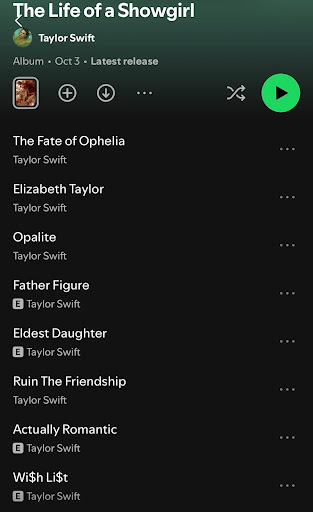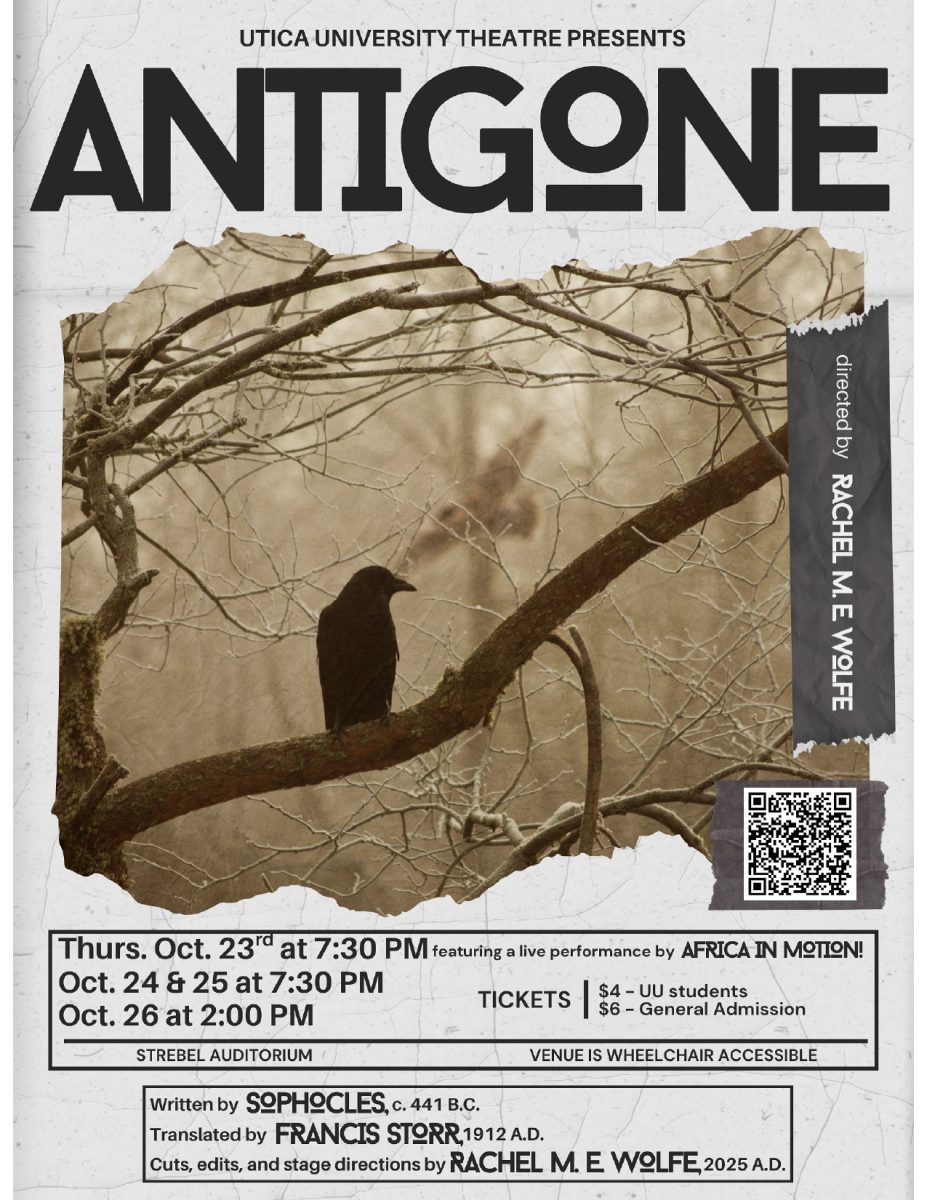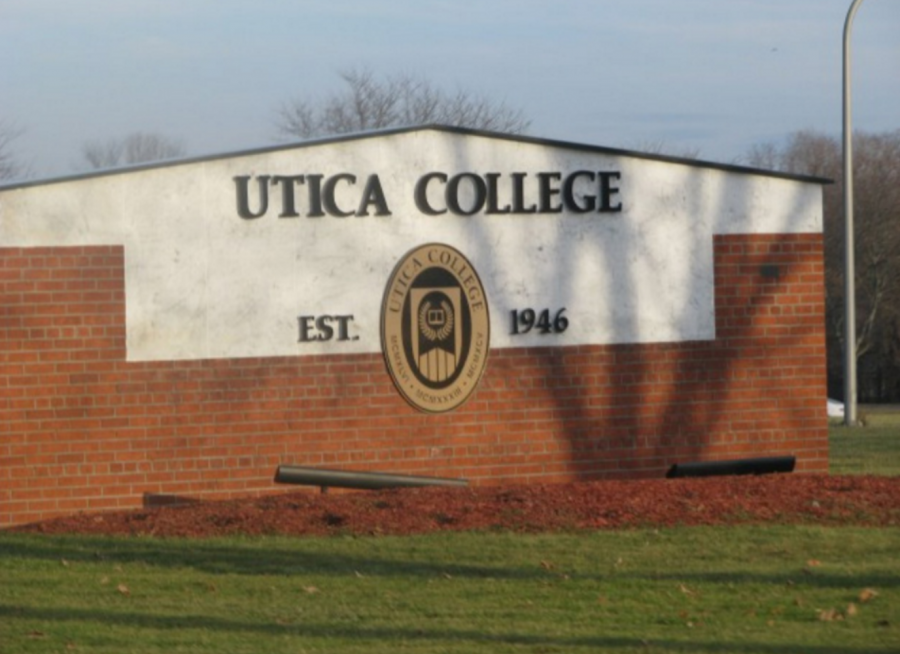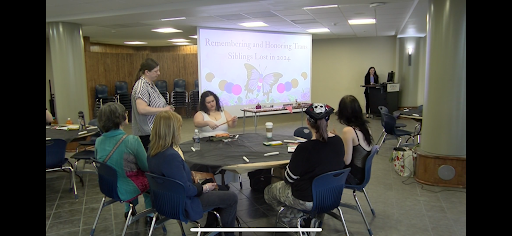Nicholas Souza, News/Online Editor
Throughout the past few months, while the Utica College’s presidential search has been taking place, many have heard the title of executive vice president and chief advancement officer. This is because future UC president, Laura Casamento, currently occupies this position. She is responsible for many vital operations- one of them being endowment. The problem is, not many students can tell you why endowment is important or even what it means.
Endowment is the act of leaving something to an institution that allows for its start-up or continuation. Endowment can come from alumni, community members or just friends of an institution – in this case Utica College.
UC’s endowment currently stands at $22.6 million as of March 18. Midway through January, endowment was down around $21 million when the stock market was down but has risen since then.
Stock is not the only aspect of endowment with money donations; property that can be sold and other gifts make up a large portion of UC’s endowment. These donations from alumni and friends of the college are then designated as restricted and unrestricted funds. Restricted fund are donations that are given to the college with the specification that they will be spent on a specific thing such as building or scholarships. Unrestricted funds, and arguably the most valuable, are fund that can be used for the general college budget and are not designated for a specific area.
“Unrestricted money is one of the hardest things, when it comes to endowment fund, it’s one of the hardest things to get people to do,” Casamento said. “One of the greatest things is the unrestricted annual fund because that’s just dollars that go immediately to the operating budget. People like to restrict their money; so for instance, if I have $100,000 in cash to give and I don’t want it to be for unrestricted annual fund and I don’t want it to be for a building, often I want it to be for scholarships because I can see that direct connection right to the student and when something is just goes into endowment for unrestricted purposes, sometimes it’s hard for a donor to see that direct benefit.”
While this number may be low in some people’s minds, UC’s endowment operations are not as mature as other institutions that the college is compared to such as Hamilton College and Colgate University. Both of these schools have endowments north of $800 million but they have also had sophisticated endowment programs for nearly 200 years whereas UC has not. Therefore, it is not a responsible comparison to make in terms of endowment.
UC was founded by Syracuse University in 1946, which meant that UC did not need a sophisticated endowment program because they had Syracuse’s backing. Since the two schools severed ties, UC’s endowment program is only 20 years old. SU, which has an endowment north of $1.1 billion, still has some hold over alumni that graduated from UC.
Alumni that graduated in the 70s and 80s have expressed that they show a greater loyalty to SU rather than UC. This is due in part to UC being marketed as a place where students can get an SU degree while still being in Utica. This loyalty may be due in part to UC not having a sophisticated program of engaging with alumni during this period of time. While some of these alumni feel loyal to SU, it still does not mean that SU considers them actual students. In fact, SU has no official records of alumni that graduated from UC while the two schools were still partnered. SU has to verify with UC that these students actually graduated.
Casamento has admitted that some alumni from this time period show a strong loyalty to SU but it does not have a massive impact on UC’s endowment. Casamento expressed that this process has a lot to do with building and maintaining relationships with alumni and that UC intends to strongly pursue these efforts.
Featured Image: The Utica College endowment currently stands at $22.6 million. Photo by Utica College.












































































































































